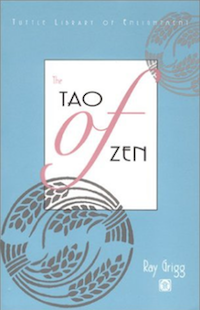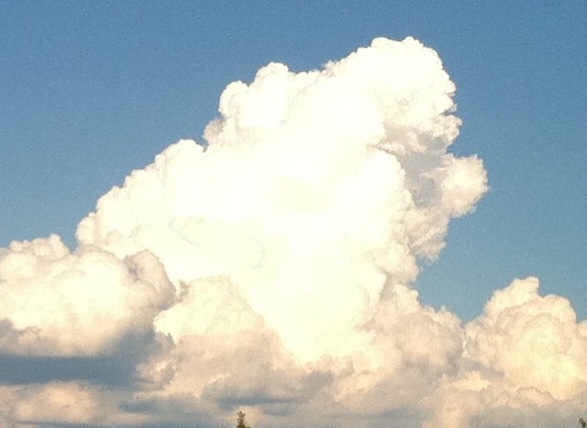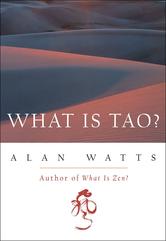“Speaking of nodal points in history, of some emerging pattern in the texture of things. Of everything changing. Laney is a sport, a mutant, the accidental product of covert clinical trials of a drug that induced something oddly akin to psychic abilities in a small percentage of test subjects. But Laney isn’t psychic in any non-rational sense; rather he is able, through the organic changes wrought long ago by 5-SB, this drug, to somehow perceive change emerging from vast flows of data.”
—All Tomorrow’s Parties (William Gibson)
Patterns (and nodal points) in “vast flows of data” is a recurring theme in Gibson’s stories, going back to a time before the Big Data we hear so much about these days. If we had all the data (whatever that might mean) and the horsepower to process it, could we know where we are and, perhaps, where we’re headed? As I said to the cute TSA agent, search me. A few passing references to the Tao (in the book above) suggests that Gibson sees this ocean of data as something we live in, that we are part of, waves we can ride but not steer.
We think we can see the patterns but it’s just the motion of change we feel.
“In constant motion we no longer notice the motion. […] We are constantly surprised by things that have been happening for 20 years or longer. […] Sometimes we didn’t see what was becoming because we didn’t want it to happen that way.” The Inevitable by Kevin Kelly (PDF)



 In
In 

